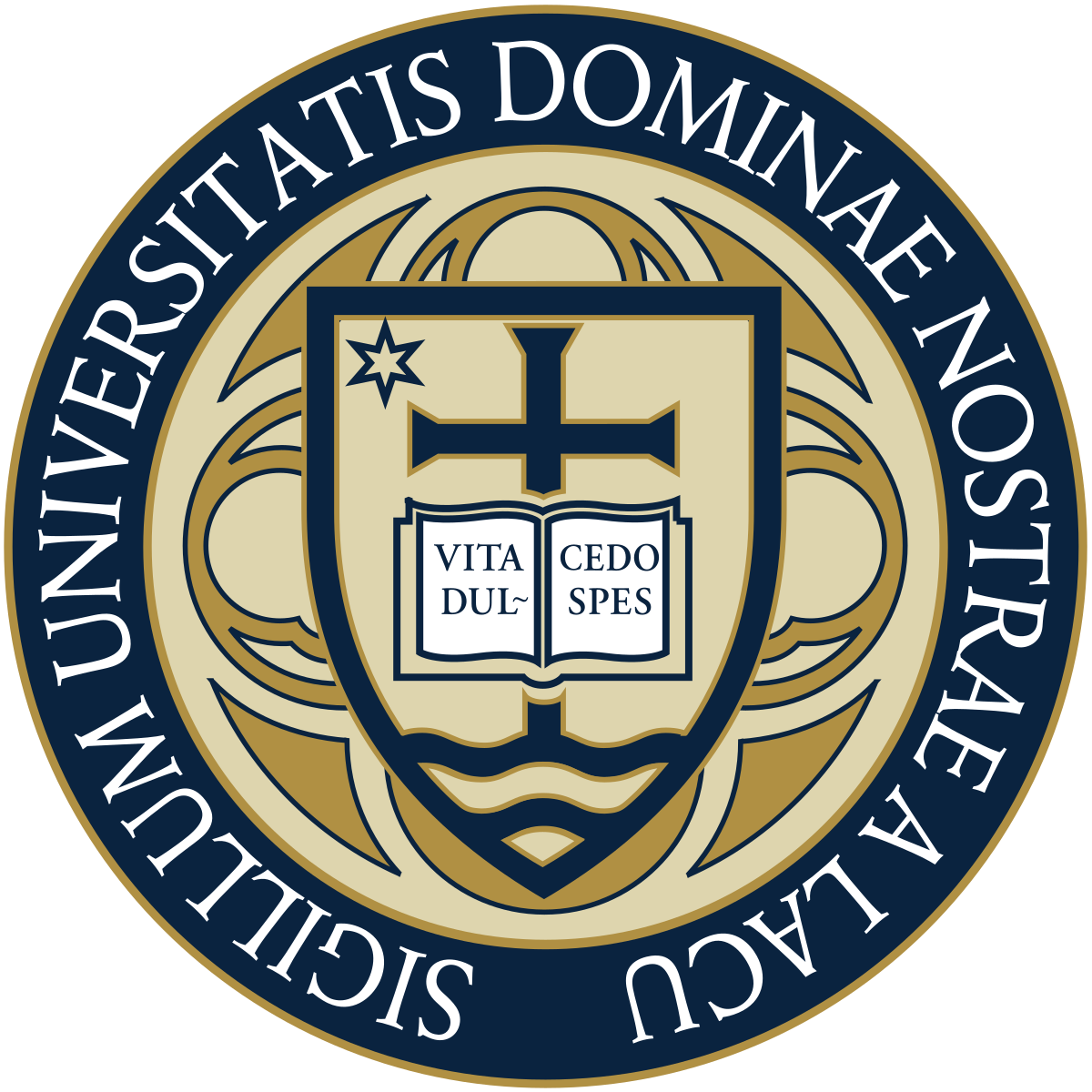Liturgical Studies
The graduate program in liturgical studies exists to advance the study and understanding of the worship life of the Christian Church in its various traditions. The program is inspired by the conviction that liturgy is the key to the church's identity, ethos, and orientation toward God and world. The program integrates three subdisciplines:
- liturgical history
- liturgical theology
- ritual studies
Liturgical history traces the roots and origins of Christian worship practices, the development of liturgical orders, and the diversification of liturgical rites. It studies the progress of rituals, calendars, texts, liturgical laws, devotions, architecture, graphic arts, and music—situating them in reference to cultural communities, historical circumstances, and theological understandings. Historical studies of the liturgy include comparative studies of different worship traditions, Jewish and Christian, Eastern and Western. The studies identify not only what was said and done, but also what was ignored, neglected, avoided, or repressed in the course of time.
Liturgical theology reflects upon the meanings which believers, past and present, have associated with their worship traditions. Thus it studies the whole phenomenon of Christian worship, in both its historical manifestations and its contemporary realizations, attempting to articulate its theological content. In so doing, liturgical theology attends to what Christians believe to be happening in their common prayer and sacraments (sacramental theology) and to the ways in which the worship tradition itself interacts within the broader language of Christian faith and practice (historical and systematic theology).
Ritual studies rest on the premise that liturgy is an event, an act posited by faithful believers. Consequently, ritual studies examine the production of human meaning in liturgical celebration, while attending to the social and cultural contexts in which worship takes place. If liturgical history stresses the diachronic development of rites, ritual studies emphasize the synchronic dimension of worship.
The employment of pertinent research in the human sciences (e.g., anthropology, sociology, psychology) allows for study of ritual engagement in personal and social life—a substratum for a detailed perusal of the liturgical act as a phenomenon in which the various "languages" of worship conspire in ritual enactment. Temporal and spatial languages are treated as the symbolic backdrop for worship. Ritual studies also attend to other ritual languages, e.g., the acoustic, verbal (linguistic and mythic), gestural, aesthetic, and symbolic, as well as their interaction, as significant systems of the communication of meaning.
The program in liturgical studies provides all students with a grounding in the tasks and methods of each of these three approaches to the study of the liturgy while allowing them to develop that emphasis which most closely corresponds to their own research interests.
The liturgy program benefits from close association with the other doctoral programs and draws upon the wider resources of the University. These include the departments of history, music, art, sociology, and anthropology, and the work of research institutes such as the Program for Research on Religion, Church, and Society.
How to Apply
Notre Dame uses an online application. For instructions please consult the Application Instructions link from within the application itself once you have received your PIN and logged in.
Requirements for Admission
A bachelor's degree from an accredited college or university and a master's degree in theology, or the equivalent
Graduate Record Examination (GRE) scores, with an expectation of at least 4.5 on the analytical section and 310 cumulative on the other two sections (1200 for GRE exams prior to 8/2011), the score for the verbal component being the more important of the two
Facility in some of the languages required for study in the department
Application Documents
The following materials must be submitted via the online application system:
- A statement of intent (300 to 600 words) and a C.V.
- Official transcripts from each post-secondary institution attended • GRE scores (and, for all nonnative speakers of English, TOEFL scores)
- Three letters of recommendation
- A Waiver of Access form for each letter of recommendation
- A Writing Sample with a recommended length of 4,000 to 6,000 words
Graduate Fellowships and Assistantships
Full-time students in good standing are eligible to receive a 12-month annual stipend (an amount of $23,000 for students starting in 2018-2019) for up to five years and a full-tuition scholarship for up to eight years.
5 + 1 Postdoctoral Fellowship Program
Students who complete the program in five years are eligible for a one-year teaching postdoctoral fellowship at Notre Dame.
Premier Fellowships
The Graduate School awards premier fellowships on a competitive basis. These fellowships provide full tuition, an increased stipend, and full coverage of the university's health insurance premium. For more information see the Graduate School website.
In cases where students are funded by an extramural source (e.g., a religious order), the University normally covers tuition costs.
This opportunity has expired. It was originally published here:
https://theology.nd.edu/graduate-programs/ph-d/areas-of-concentration/liturgical-studies/
